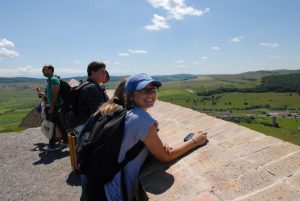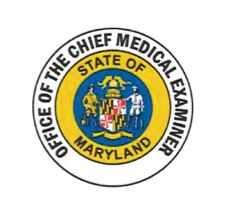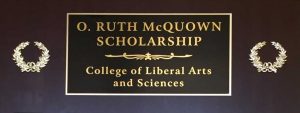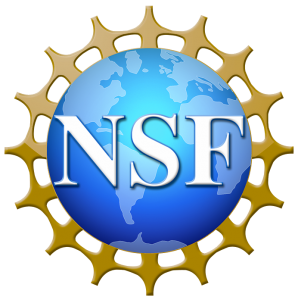The Virtual Morphology Lab would like to give a warm welcome to our two new undergraduate volunteers for this semester!
Gladys was born in El Salvador and raised in Homestead, Fl. She is a third-year at UF working towards a double-major in Psychology’s Behavioral and Cognitive Neuroscience tract to combine her interests in evolution, developmental anatomy, and neuroscience. Gladys is currently waiting to hear back from the University Scholars Program on the acceptance of her project proposal. This research will look at the migration of upper-middle class families in Homestead and the effects on demography and economic shifts, relating this to how Latino culture has adapted to changes observed. She is also working with Dr. DeLeon on an anoles project, analyzing how the invasion of Cuban anoles have effected native Floridian anoles. In her free time, Gladys likes to FaceTime her dog and try new coffee recipes.
Abbey is currently a junior at UF. Born and raised in Tampa, Fl, her frequent visits to Gainesville inspired her to apply to the university for her undergraduate studies. As a recent transfer from Santa Fe College, 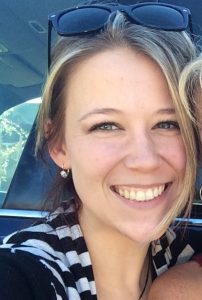 she is assisting one of our graduate students, Molly, with her H.E.T.M.P. project. She spends most of her free time reading historical fiction and nonfiction while occasionally helping out at the Alachua County Humane Society.
she is assisting one of our graduate students, Molly, with her H.E.T.M.P. project. She spends most of her free time reading historical fiction and nonfiction while occasionally helping out at the Alachua County Humane Society.
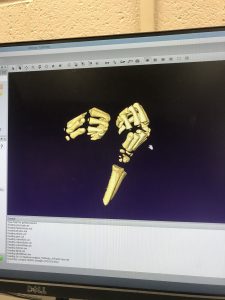
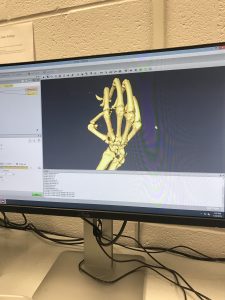
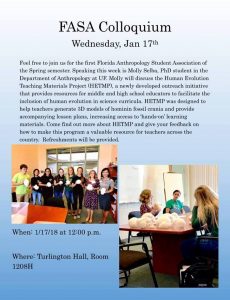
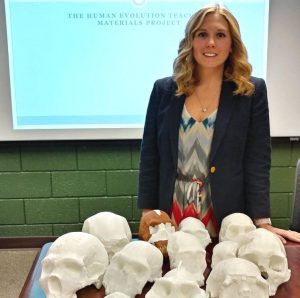
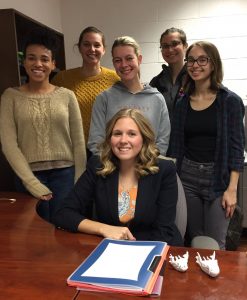
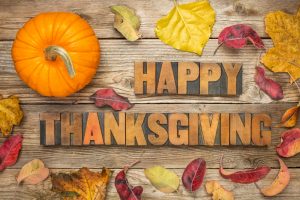
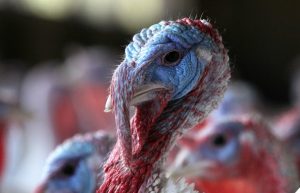
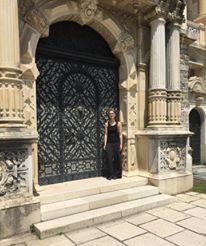 Raphaela Meloro
Raphaela Meloro